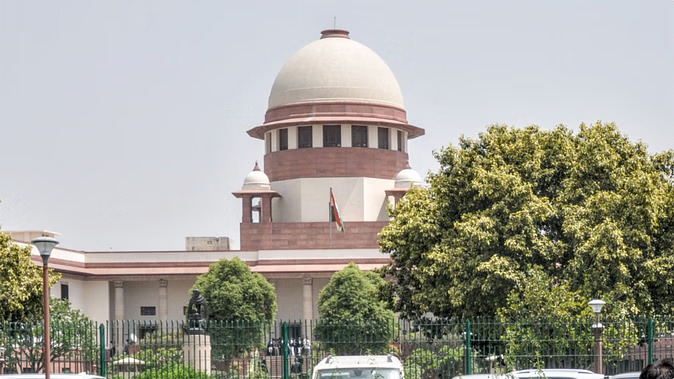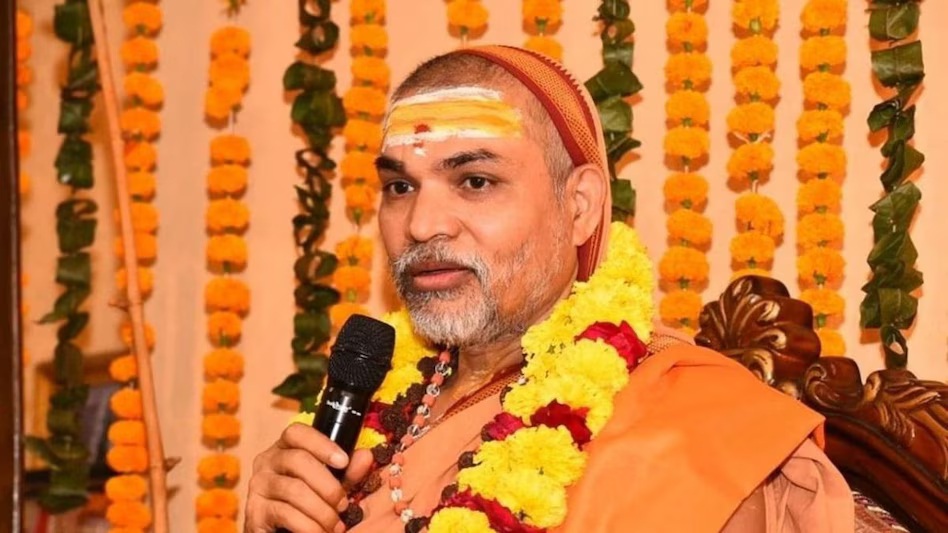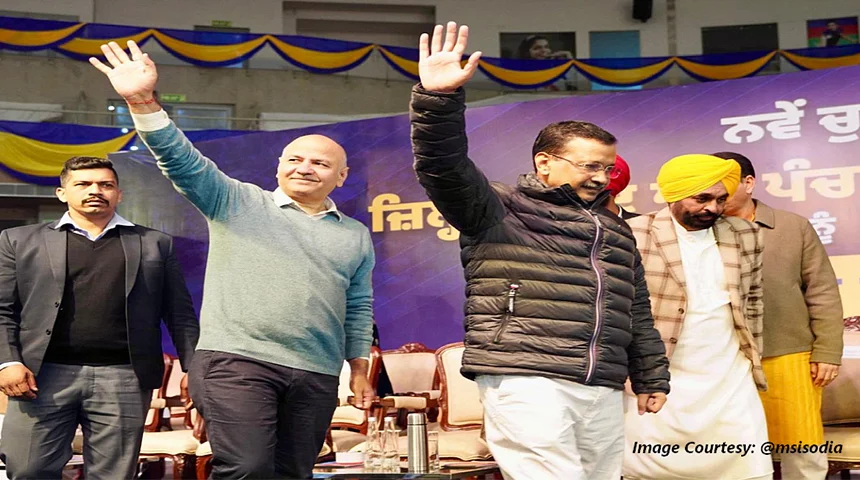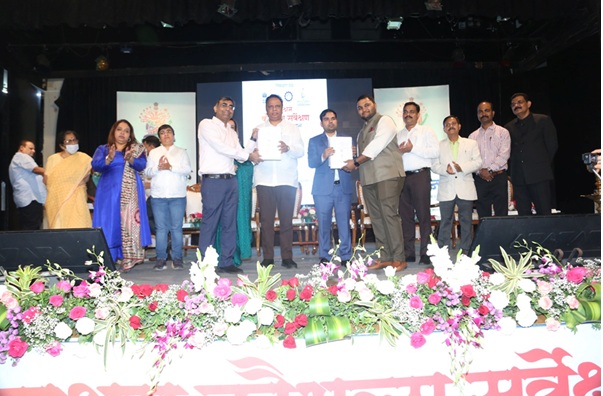
Supreme Court – Photo: PTI
The Supreme Court will hear dozens of petitions filed against the Waqf Act today. The Central Government has also filed a caveat in the Supreme Court. The government has filed a caveat to hear its side before passing an order on the petitions challenging the validity of the law.
New Delhi : A bench of Chief Justice Sanjeev Khanna, Justice Sanjay Kumar and Justice KV Vishwanathan will hear the petitions filed against the Waqf (Amendment) Act, 2025 in the Supreme Court. The purpose of the amended law is to control the management of Waqf properties. Six BJP-ruled states have also sought to become parties to defend this law.
Before the hearing on Tuesday April 15 , 2025 , Minority Affairs Minister Kiren Rijiju, referring to the legal challenge to the new Waqf law, said, “I am confident that the Supreme Court will not interfere in a legislative matter. The separation of powers is well defined in the Constitution. We should respect each other. If tomorrow the government interferes in the judiciary, it will not be good.”
Before the hearing, let us know the law, why it was challenged, who filed the petition and what is the government’s argument?
- After a long debate in the Lok Sabha and Rajya Sabha, Parliament passed the Waqf Amendment Bill earlier this month. Now a three-judge bench of Chief Justice of India Sanjiv Khanna and Justice Sanjay Kumar and Justice KV Vishwanathan will hear it at 2 pm.
- Earlier, the Supreme Court had made it clear that it would not interfere in the jurisdiction of the legislature. However, as the final arbitrator on issues related to the Constitution, it also agreed to hear the petitioners. The petitioners said that the amended law violates many fundamental rights including the right to equality and the right to adopt religious practices.
- Those challenging the law include Congress, Rashtriya Janata Dal, Aam Aadmi Party, DMK, Trinamool Congress, YSR Congress, CPI leaders, many religious organizations, Jamiat Ulema Hind and All India Muslim Personal Law Board. A petition has also been filed in the Supreme Court on behalf of many NGOs.
- BJP-ruled Madhya Pradesh, Rajasthan, Chhattisgarh, Assam, Maharashtra and Uttarakhand have also applied in the Supreme Court. They have also demanded to be included in the hearing.
- Some petitions have termed this law as unconstitutional. They have demanded the repeal of the law. Some petitions have demanded a ban on its implementation. It has also been described as arbitrary and discriminatory against Muslims.
- In his petition, AIMIM chief Asaduddin Owaisi has said that the amended law abolishes the protection given to Waqf. He claimed that reducing the protection given to Waqf properties and retaining it for other religions is discriminatory.
- Aamantullah Khan of AAP argued in the petition that the inclusion of non-Muslim members in the Waqf Board is a violation of Article 14 and has no rational connection with the purpose of religious property administration.
- The government says that the Act is about property and its management, not about religion. There are large-scale irregularities in the management of Waqf properties and their income does not help poor Muslims or women and children, which the amended law will fix.
- The government argues that the bill (now law) has been prepared only after consulting a large section of people. It also has the support of non-Muslim minorities. The government has claimed that this bill has undergone the scrutiny of the Joint Parliamentary Committee. Many amendments suggested by the members have also been included in it.
- There have been protests in many parts of the country against the amended law and the bill before that. The worst of these is Bengal, where three people died and many became homeless in the violence that broke out during the protests. Bengal Chief Minister Mamata Banerjee has said that her government will not allow the amended Waqf law to be implemented.
![]()








